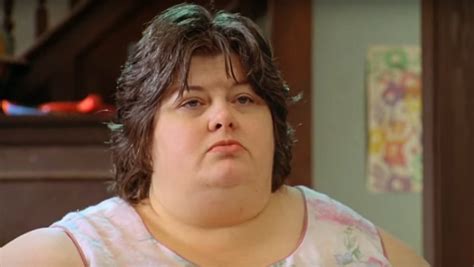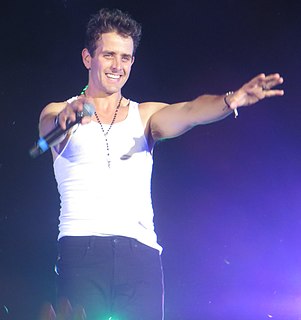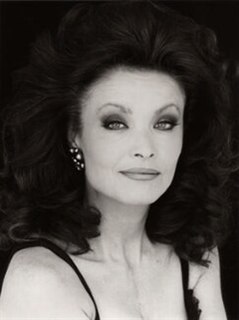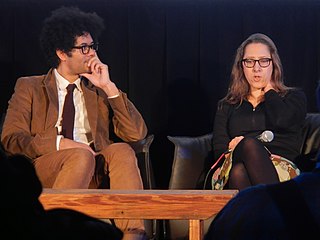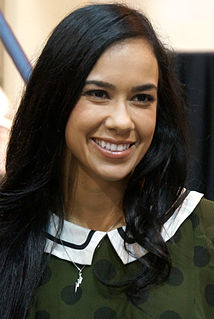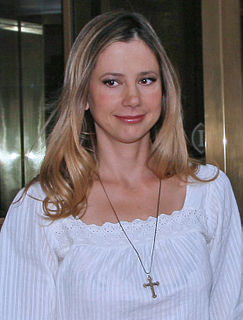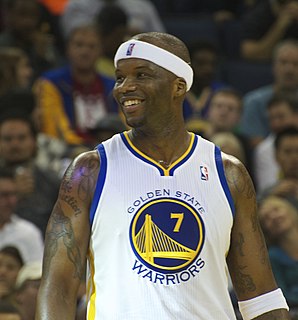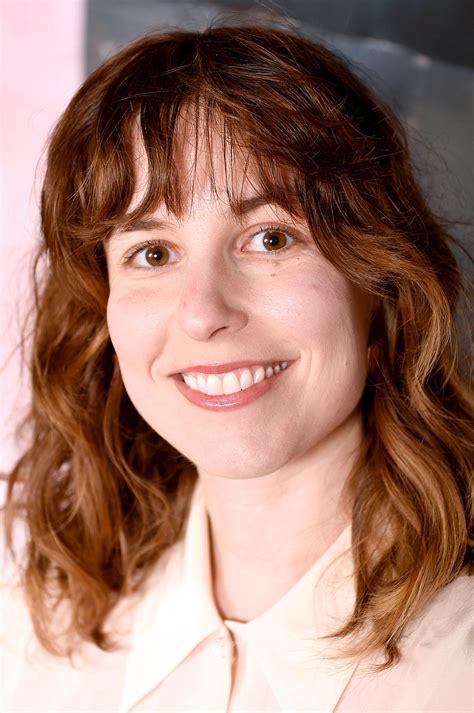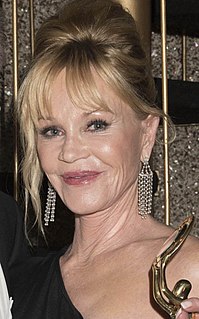A Quote by Jane Fonda
When you're an older woman [in a movie] you tend to be in - how did you put it? You're the brunt of the joke.
Related Quotes
I have become a giant fan of the testing process, especially with a comedy. I mean, they tell you what's funny. It's almost tailor-made for people who shoot the way we shoot, trying a million different options and versions of things. Because the audience doesn't laugh at a joke, we put in another joke. If they don't laugh at the next joke, we put in another joke. You just keep doing them and you can get the movie to the point where every joke is funny, if you have enough options in the can.
If you put a much older woman in 'Doctor Who,' they can identify with it. I think it's quite an interesting concept, and if you remember things like 'Grimm's Fairytales,' the older woman is often the villainess, often the terrifying figure - why I do not know, but often she is. I think it's an idea to be exploited.
A lot of people started asking me about this woman director thing, which I never thought about before. And I'd never really thought about how there aren't really many female directors. I knew it, but I'd never really sat down and thought about the implications of that, and what it meant for a woman to make a movie, and how it's viewed differently when a woman makes a movie about women.


